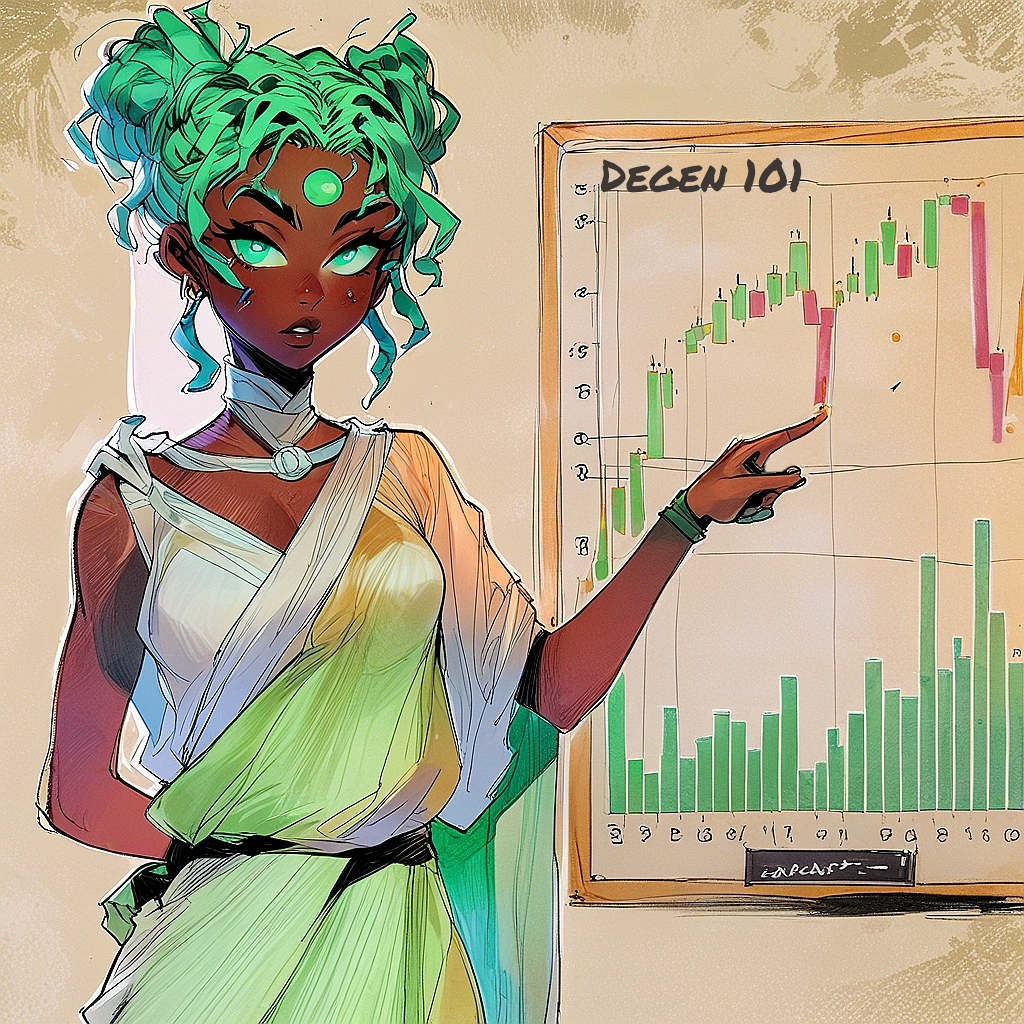Okay, so if you’ve read Introduction to Cryptocurrency and Blockchain, then you know what cryptocurrency and blockchain are now. Sort of. Ish. Now it’s time to discuss whether or not it is, well, good? Better than “normal” money (#fiat#).
Basically; what’s the point of it?
Like pretty much every article you’ll find on this website, we offer you a long and complex answer; one we have tried to break down into small manageable chunks.
When we talk about advantages and disadvantages we will be doing so as compared to “fiat”, which is a fancy word for normal money. The US dollar, the Euro, and the British Pound are all examples of “fiat”.
Cryptocurrency Advantages
A great big caveat of this section is that not all of these advantages apply to all cryptocurrencies. An article that broke down every token and coin would be virtually never-ending.
Instead we have chosen to highlight the advantages of the “philosophy” of cryptocurrency; the founding principles behind the first and most successful blockchains and tokens.
Whilst these won’t apply to all tokens, they will apply to many – including the major blockchains in Bitcoin and Ethereum.
Decentralization
We’ve talked about this throughout this learning centre. It is such a broad topic that it has its very own article: Decentralization: The word with 1,000 definitions.
In short a decentralized cryptocurrency has no single point of failure and more importantly has no single point of control. Unlike #fiat#, such as the US dollar, no one can arbitrarily decide they are going to print more Bitcoin or Ethereum.
Additionally a project like Ethereum can be built on by anyone; anyone can start a project or coin without needing anyone’s permission*. This is viewed by many as a much fairer financial system than exists within many governments.
*This is also tied to one of the disadvantages below.
Trustless and Secure
This one might come as a shock to you; cryptocurrency often appears in the news due to some scam or other. Crypto is actually really secure (in certain ways). This is too big a topic to fully dive into as part of this article but if you want to find out more check out: Cryptocurrency and Blockchain: Is it Safe
Fast and cheap:
This one is a little more nuanced. For the most part crypto transactions happen much faster than #fiat# transactions – this is because there is no “intermediary”.
When you send a fiat transaction it goes through one, sometimes more, third parties (banks). With crypto the transaction generally* is passed peer to peer; for more on how this is secure we again recommend reading: Cryptocurrency and Blockchain: Is it Safe
*certain transactions do pass through a third party such as if you are sending funds from one blockchain to another.
Cryptocurrency is also often much cheaper than traditional transactions. You may be saying “hang on, I don’t pay anything to send someone money”. No, you personally don’t, but that doesn’t mean there isn’t a cost. Banks generally waive these costs for consumers in order to attract business; businesses on the other hand will often have to pay to transact.
So why only often? Well it depends on the network or blockchain you are using. Ethereum for instance uses a system where you essentially bid to have your transaction accepted; in times of high traffic this can be very expensive. Ethereum, however, is built as a base layer. On top of Ethereum are several “layer 2” networks; an example being Metis – the network VestaDAO operates on.
This article isn’t the time or place to explain exactly what a layer 2 is but; transacting on Metis costs pennies at most at time of writing; much cheaper than #fiat# equivalents.
Cryptocurrency Disadvantages
So, we’ve talked about what makes it good; now let’s explore some of what holds crypto back, and if there are solutions that might appear down the line.
Little to no recourse:
Part of what gives crypto a bad name is the fact that there is no “customer support”. If your funds get taken by a bad actor there is virtually nothing that can be done to recover them.
In many countries if your bank card gets used fraudulently then the bank will cover the cost of this. In crypto there is no bank, the transactions are peer to peer; even if someone wanted to help, they couldn’t.
In terms of the future this will likely always be somewhat of a problem; it is inherent in peer to peer transactions and decentralized systems.
That said, we have seen progress in law enforcement going after the worst offenders. Sam Bankman-Fried is a prominent example if you wanted to look one up. This will hopefully help dissuade the worst of the bad actors.
Additionally, there is the option to use more centralized services such as #CEXs#. These are seeing more regulation every year and are likely to offer a less “#decentralized#” or “free” experience, but one with more consumer protection, in the coming years.
To learn more about different ways to store your crypto please checkout Crypto Wallets; hot vs cold, custodial vs non-custodial.
Decentralized
But wait, isn’t this an advantage? Well in many ways and to many peoples, yes. The flip side is ANYONE can build on most blockchains; this means bad people as well as good. In #TradFi# if you want to set up a lending platform you have to meet all kinds of criteria in most countries; in crypto you can just do it. This has led to many people setting up all kinds of scams.
We would recommend the following articles if you’d like to know more about crypto scams and how to keep your funds safe(r):
Crypto safety: Common scams and how to avoid them
Crypto safety: Keeping your funds as safe as possible
As we said in the section above; some of the worst of this will hopefully be combated by law enforcement taking crypto crime more seriously. Additionally as technology improves; projects of all sorts are taking steps to help keep users safer. Wallet apps are becoming better at warning against potentially dangerous transactions. Crypto networks are becoming more vigilant to bad actors. Websites like this one are becoming more thorough.
Non-user friendly
A lot of this one comes down to crypto just being quite new; it was designed by a bunch of nerds and is mostly used by a bunch of nerds. The upshot is the barrier to entry can be quite high and it can all seem overwhelming; this is literally why we created this learning centre.
This will likely naturally resolve over time; as more people use crypto, more people will be demanding a smoother and easier to understand experience.
Cryptocurrency Use Cases
So, what is crypto actually used for? Well at the time of writing, not a lot. That said there are some interesting use cases that already exist and even more on the horizon. Let’s check some out.
As money:
Bitcoin is often referred to as virtual gold; a place to store money. Largely the price of bitcoin has been built on hype and speculation but there is some real use to this idea.
In many countries around the world the currency is very unstable; dozens of countries have an unofficial trade in the US dollar as a result. As the world becomes more digital, more and more people in this situation require a digital solution.
Cryptocurrency is already perfectly situated to facilitate this in many cases. We don’t see crypto replacing #fiat# any time soon; but it is already being used as an alternative in some cases; especially as a way to cheaply send money overseas.
Facilitating trustless transactions:
We touched on this earlier, and in much more depth in Cryptocurrency and Blockchain: Is it Safe.
Crypto transactions can be carried out entirely by a #smart contract#; this can be very useful when selling a service that might have changing pricing and/or demand.
A great example might be computing power; as AI becomes more widespread it is very likely that companies offering AI services will require large amounts of computing power; but not all of the time. There might be peak hours for instance.
Multiple crypto projects are hoping to address this by creating systems whereby users can offer their unused computing power and rent it; because the demand and price is always changing, it is not viable to have a third party confirming these transactions.
Smart contracts offer an elegant and efficient solution.
Governance:
Governance is kind of an in-joke for us; mostly because the word is so misused so often. If you’d like to read more about governance we’d suggest reading Governance: What it is and why you probably don’t have it
That said, crypto offers a very fair and secure way to allow for ownership based voting. One could use a crypto token to, for instance, represent shared ownership of a company or group of assets (this is already being done to varying degrees of success). When they need to vote on something, then the infrastructure already exists to easily allow people to vote, weighted to their % of a token they own. This process is easy, convenient, and secure.
Conclusion:
It probably goes without saying that the team who runs a cryptocurrency site has a pro-crypto bias. We talk about this openly in VestaDAO: Who we are, what we do, and how we’re biased
That said, we hope we’ve painted you a reasonably fair picture of how cryptocurrency sits in the landscape of the wider world economy. We believe in its potential; we hope you will too, but only you can decide that.





